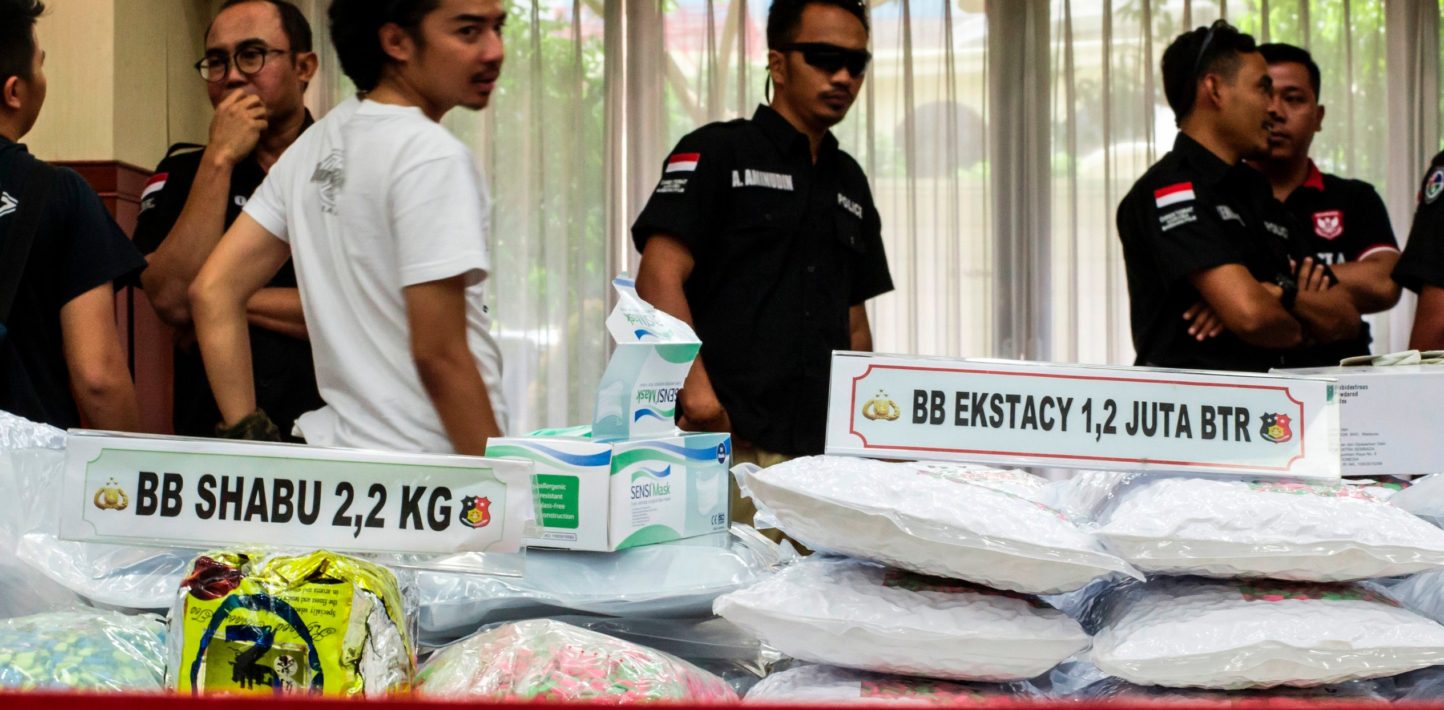The number of police killings of suspected drug dealers has skyrocketed in Indonesia this year, an alarming rise which signals that authorities could be looking to emulate the murderous “war on drugs” in neighbouring Philippines, Amnesty International said today.
At least 60 suspected drug dealers have been killed by police – some of whom have been seconded to the National Narcotics Agency (BNN) – since 1 January 2017, compared to 18 in all of 2016, according to data gathered by Amnesty International.
This shocking escalation in unlawful killings by the police sounds serious alarm bells. While Indonesian authorities have a duty to respond to increasing rates of drug use in the country, shooting people on sight is never a solution.
Usman Hamid, Director of Amnesty International Indonesia
“This shocking escalation in unlawful killings by the police sounds serious alarm bells. While Indonesian authorities have a duty to respond to increasing rates of drug use in the country, shooting people on sight is never a solution. Not only is it unlawful, it will also do nothing to address the root causes that lead to drug use in the first place,” said Usman Hamid, Director of Amnesty International Indonesia.
“The authorities must remember that everyone, including people suspected of drug offences, have a right to life that must be respected at all times.”
A significant number of the killings have taken place around the capital Jakarta or Sumatra, a known hub for drug trafficking.
Six people have been killed already in August 2017. In one of the most recent incidents, police shot dead a 50-year-old man after police alleged he tried to reach for a gun while being arrested in East Java on 12 August.
Police claim that all the killings have been in self-defence or because suspects tried to flee the scene. But as far as Amnesty International is aware, authorities have not conducted independent investigations into any of these incidents.
The stark rise in deaths comes in a year when several high-ranking Indonesian officials have advocated for tougher measures to address drug-related crime, including unrestrained lethal force against suspected traffickers.
In late July, President Joko “Jokowi” Widodo said during a speech in Jakarta: “Be firm, especially to foreign drug dealers who enter the country and resist arrest. Enough, just shoot them. Be merciless.” Of those killed in 2017, at least eight have been foreigners, including three Chinese men.
“It is deeply worrying that foreigners appear to be targeted by the authorities. This could point to a deliberate policy to scapegoat non-Indonesians,” said Usman Hamid.
The national police chief General Tito Karnavian this month told police officers “not to hesitate shooting drug dealers who resist arrest”. Gen. Karnavian has also hailed the Philippines’ President Rodrigo Duterte’s “war on drugs” as an example of how to make drug dealers “go away”.
In the Philippines, thousands of people have been killed by or at the behest of the security forces in what may amount to extrajudicial executions since President Duterte announced a “war on drugs” in June 2016. Amnesty International has documented how the police force has come to resemble a criminal enterprise, killing mostly poor people suspected to be drug users or sellers, or paying others to kill them.
“President Duterte should not under any circumstances be considered a role model for Indonesia. Far from making the Philippines safer, his bloody ‘war on drugs’ has led to the deaths of thousands without any form of accountability,” said Usman Hamid.
Under both Indonesian and international law, police are only allowed to use force as a last resort, and even then can only do the bare minimum to prevent further loss of life.
“These killings must be promptly investigated by independent and impartial authorities, and any police officer found to have violated human rights should be held responsible,” said Usman Hamid.
“Indonesia has a long and troubling history of failing to bring police officers to justice for abuses, which cannot be allowed to continue. Authorities must reiterate that the unlawful use of force will not be tolerated and reject any ‘shoot to kill’ policy.”


